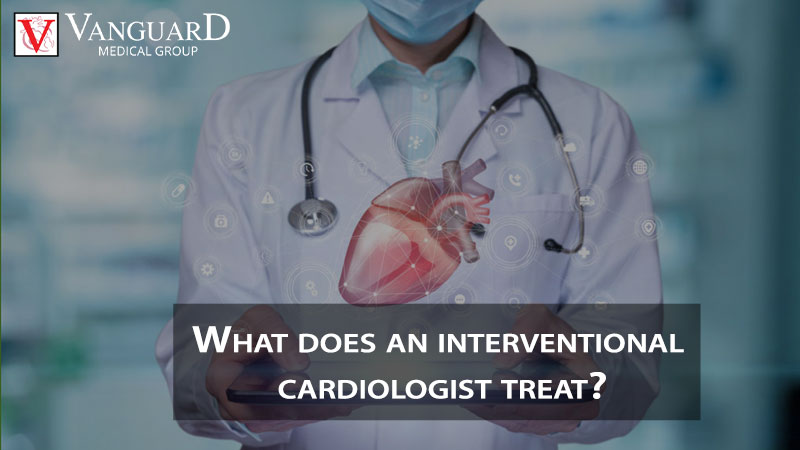
As heart disease remains a leading cause of death worldwide, the role of interventional cardiologists has become increasingly important in managing and treating heart-related conditions. In this article, we will explore what an interventional cardiologist is, what they do, and the various conditions they treat.
What is an interventional cardiologist?
An interventional cardiologist is a medical doctor who specializes in the diagnosis and treatment of cardiovascular diseases using minimally invasive techniques. These procedures involve the use of catheters and other tools that are inserted into the patient’s body through small incisions.
Interventional cardiologists undergo extensive training in cardiology, internal medicine, and interventional procedures. They are experts in performing a wide range of procedures, including angioplasty, stenting, and valvuloplasty.
What does an interventional cardiologist do?
Interventional cardiologists use minimally invasive techniques to diagnose and treat various heart-related conditions. Their primary goal is to improve blood flow to the heart and prevent further damage to the heart muscle. Some of the procedures they perform include:
- Angioplasty
Angioplasty is a procedure used to open up blocked or narrowed blood vessels in the heart. During this procedure, a small balloon is inserted into the affected blood vessel and inflated to widen the area. This allows blood to flow more freely to the heart muscle.
- Stenting
Stenting is a procedure used to hold open a blocked or narrowed blood vessel in the heart. During this procedure, a small mesh tube called a stent is inserted into the affected blood vessel. The stent helps to keep the blood vessel open and improve blood flow to the heart.
- Balloon Valvuloplasty
Balloon valvuloplasty is a procedure used to treat narrowed heart valves. During this procedure, a small balloon is inserted into the affected valve and inflated to widen the area. This allows blood to flow more freely through the valve.
- Structural Heart Procedures
Interventional cardiologists also perform structural heart procedures to treat various heart-related conditions, including congenital heart defects. Some of these procedures include:
- Closure of atrial septal defects (ASDs) and patent foramen ovale (PFOs)
- Repair or replacement of mitral valves
- Closure of patent ductus arteriosus (PDA)
- Implantation of pacemakers and implantable cardioverter-defibrillators (ICDs)
What conditions does an interventional cardiologists treat?
Interventional cardiologists treat a wide range of heart-related conditions. Some of the most common conditions they treat include:
- Coronary Artery Disease
Coronary artery disease occurs when plaque builds up inside the arteries that supply blood to the heart. This can lead to chest pain, shortness of breath, and other symptoms. Interventional cardiologists use procedures like angioplasty and stenting to open up blocked or narrowed arteries and improve blood flow to the heart.
- Heart Attack
A heart attack occurs when blood flow to the heart is blocked, usually by a blood clot. This can cause damage to the heart muscle and can be life-threatening. Interventional cardiologists work quickly to restore blood flow to the heart and prevent further damage.
- Heart Valve Disease
Heart valve disease occurs when the valves in the heart do not function properly. This can lead to symptoms like chest pain, shortness of breath, and fatigue. Interventional cardiologists use procedures like balloon valvuloplasty and structural heart procedures to repair or replace damaged valves.
- Congenital Heart Defects
Congenital heart defects are abnormalities in the structure of the heart that are present at birth. These defects can cause symptoms like shortness of breath, fatigue, and poor growth. Some congenital heart defects may not cause any symptoms and may not require treatment, while others can be life-threatening and require urgent medical intervention. Common examples of congenital heart defects include atrial septal defects, ventricular septal defects, tetralogy of Fallot, and transposition of the great arteries. Treatment options for congenital heart defects depend on the severity and type of defect and may include medication, surgery, or other interventional procedures.


